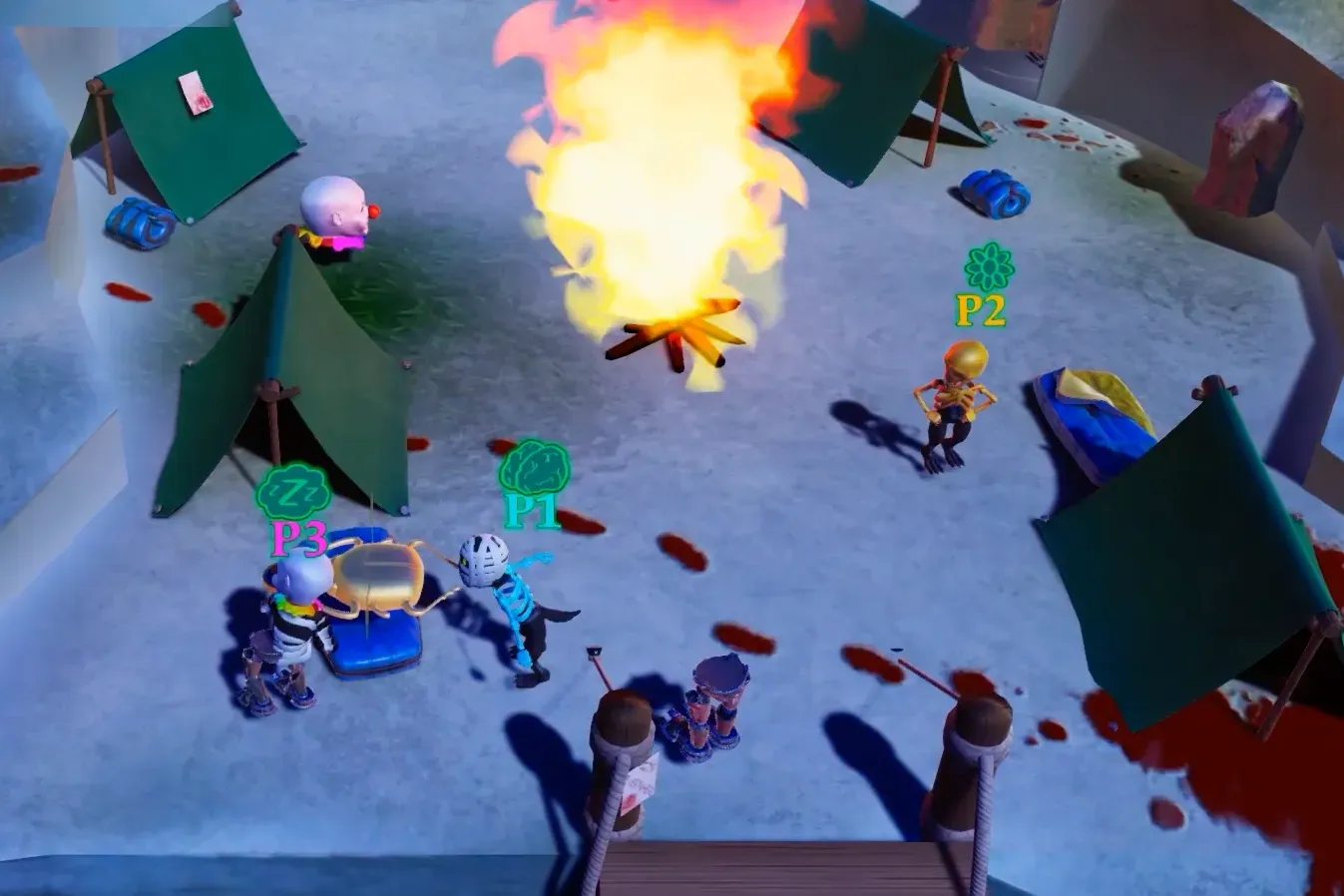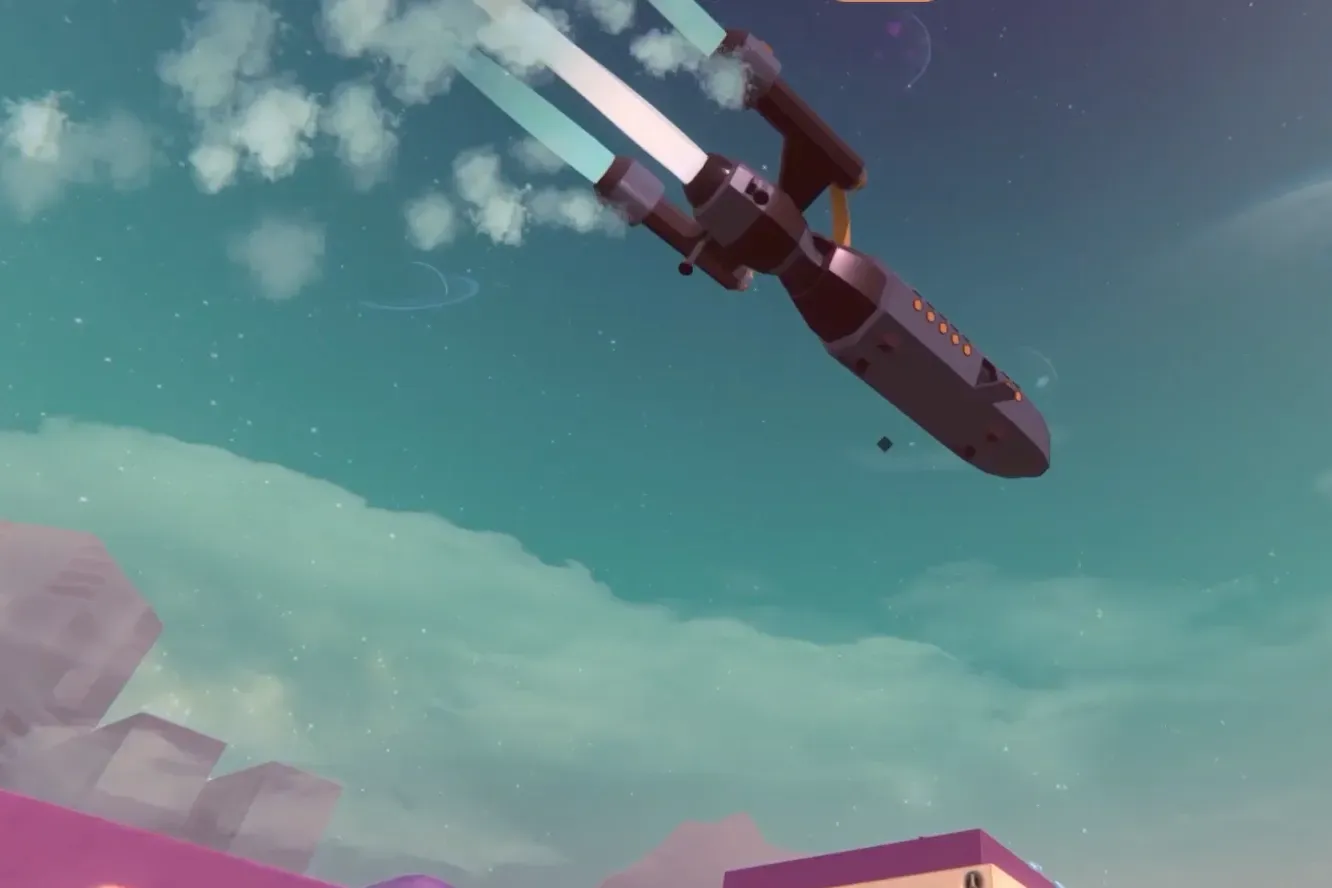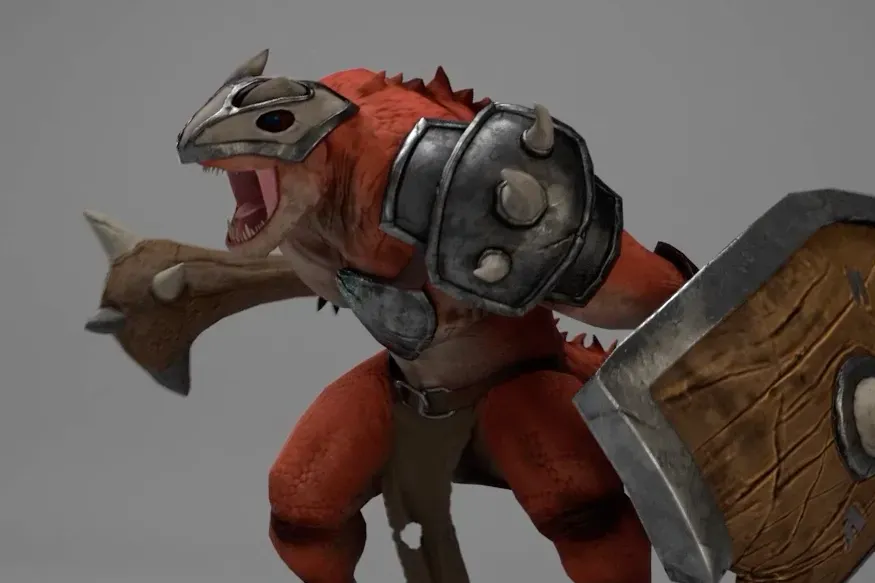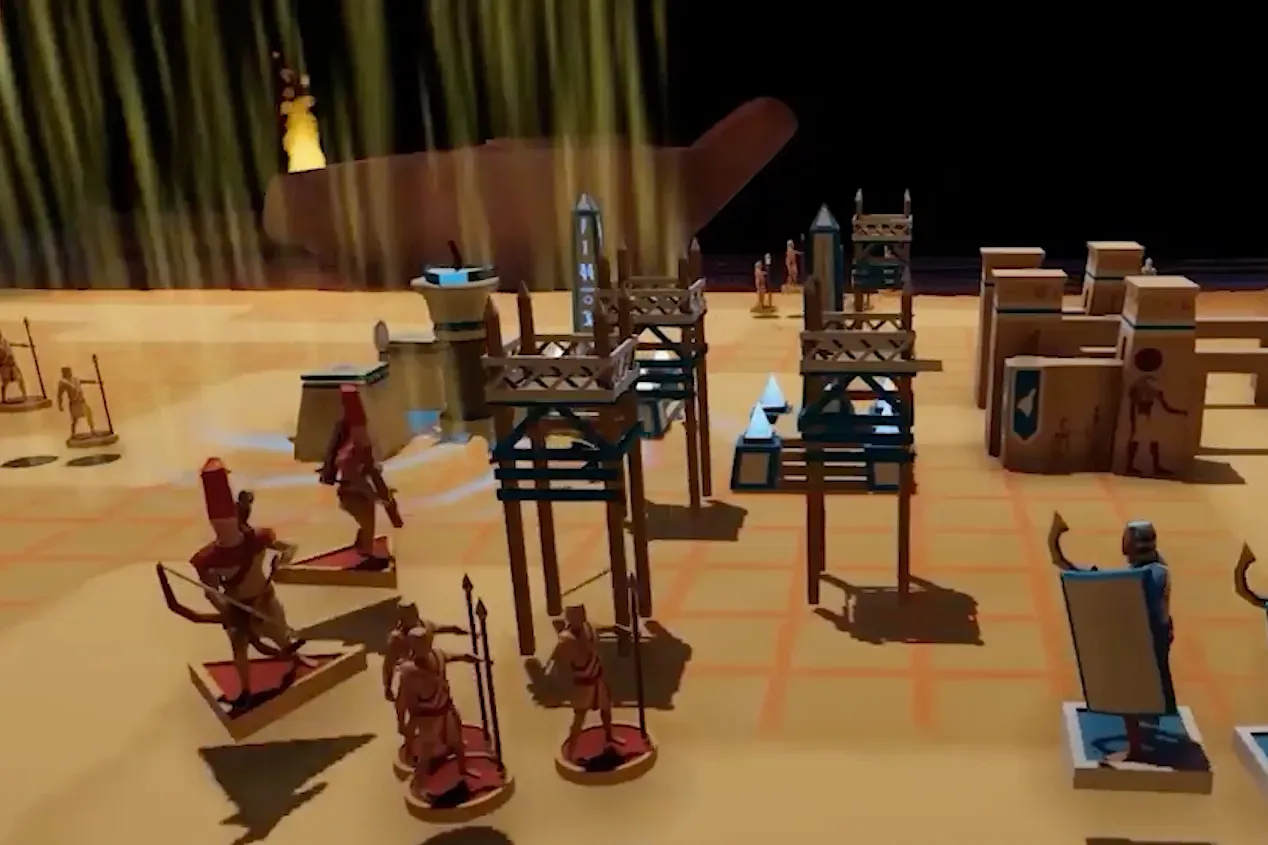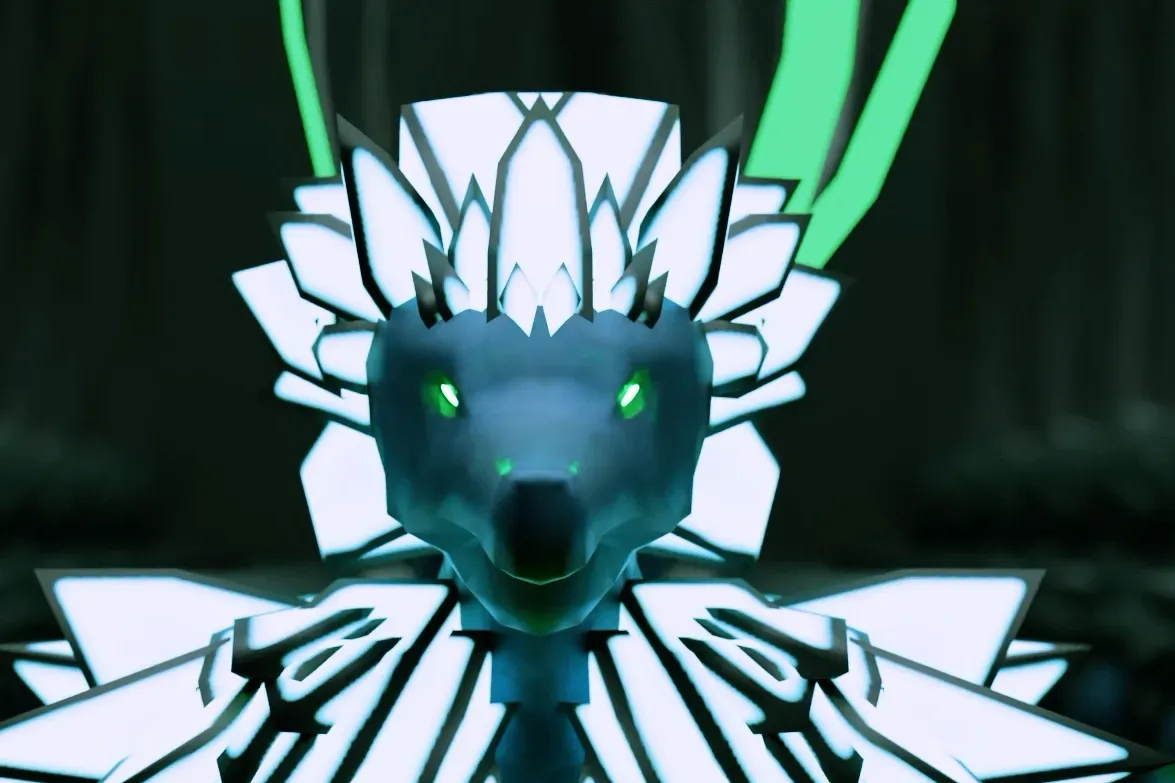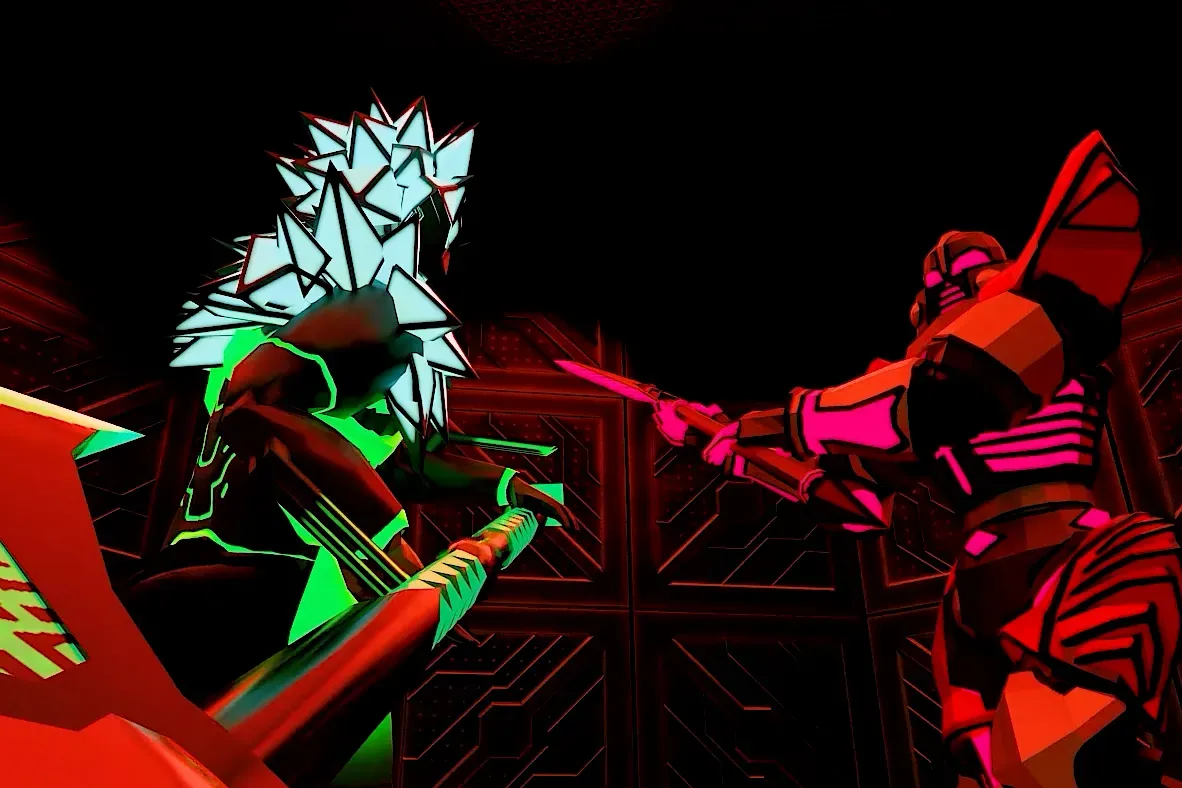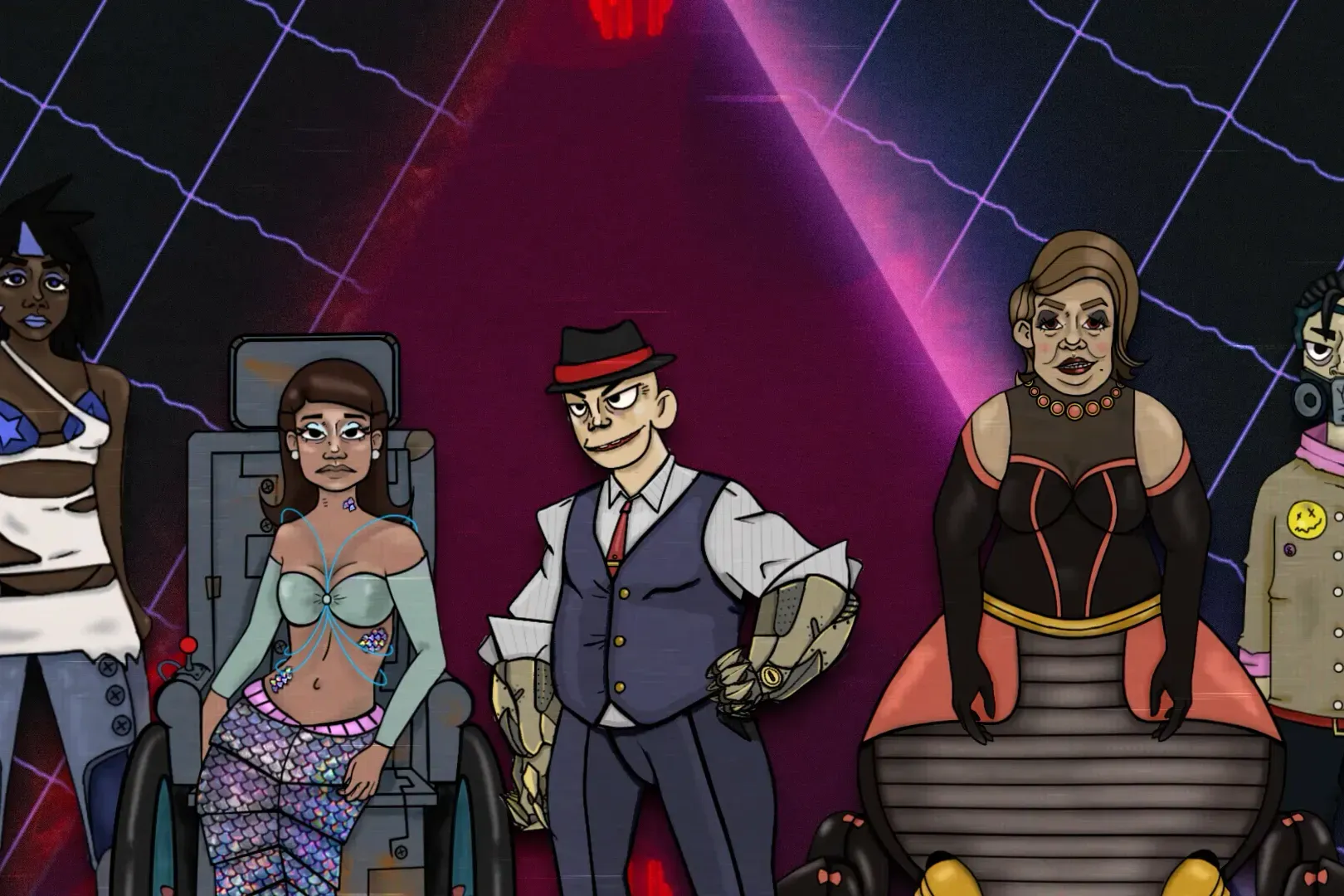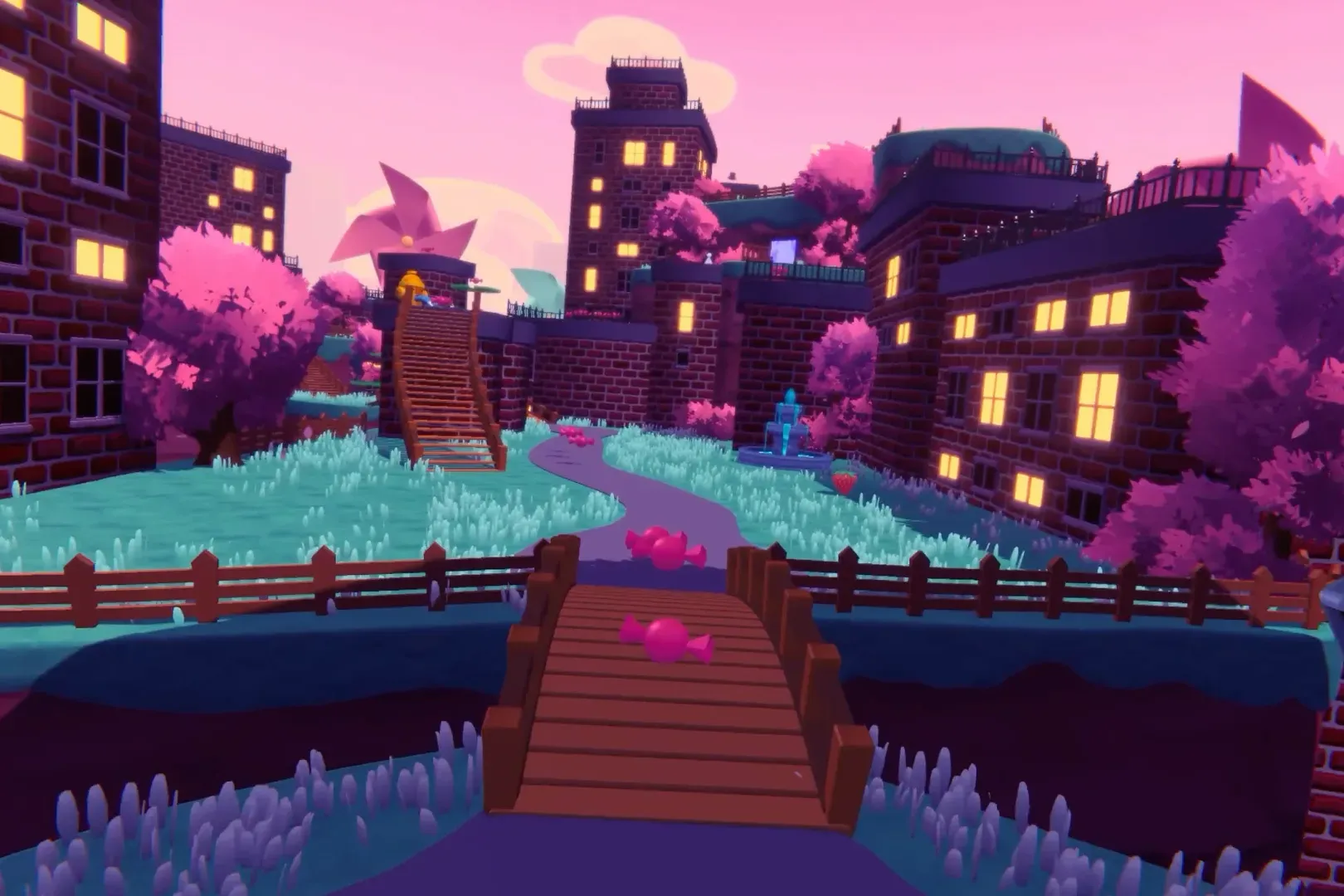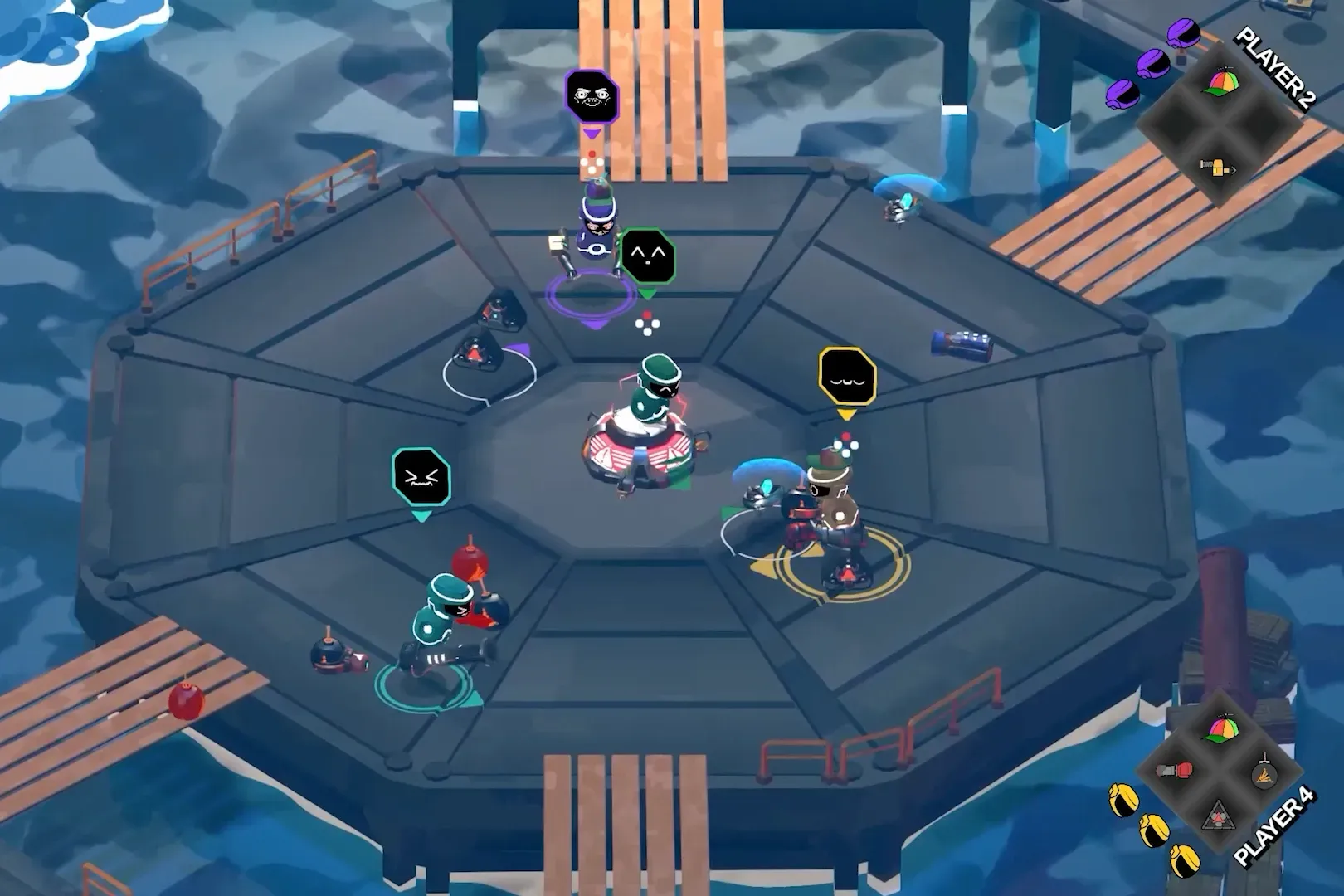Game Design
Craft Mechanics That Drive Engagement
Before any great game is built, we need to understand how to create systems that challenge and delight players. Game Design is where creativity meets interactivity - it's the art and science of crafting experiences that engage players on multiple levels, not just entertain them.
Game Design is where imagination becomes interactive reality. You'll learn to transform concepts into playable experiences through carefully crafted mechanics that engage and challenge players. We're not just creating games; we're designing intricate systems of rules and interactions that create meaningful player experiences. From core gameplay loops to balancing risk and reward, you'll master the fundamental principles that top studios use to build world-class games.
Think about the games you can't put down. That "just one more turn" feeling? That's not an accident - it's carefully crafted game systems design. You'll learn to create these moments, building intricate rule sets and mechanics that drive engaging gameplay loops. You'll discover how to turn abstract ideas into concrete play experiences that players intuitively understand yet find endlessly engaging.
You'll go beyond basic concepts to build sophisticated prototyping techniques that rapidly test and iterate on game ideas. Master the art of playtesting to refine your designs, create balanced gameplay that works for various player types, and develop the systems-thinking skills that leading game companies desperately need. Learn to blend challenge and progression with player satisfaction to create games that keep players coming back for more.
As games continue to expand into new platforms and reach broader audiences, companies compete for designers who can create compelling interactive experiences. Whether you dream of designing innovative indie games, working on AAA franchises, or using game mechanics to solve real-world problems, game design opens doors to countless creative opportunities in one of the world's fastest-growing entertainment sectors.
